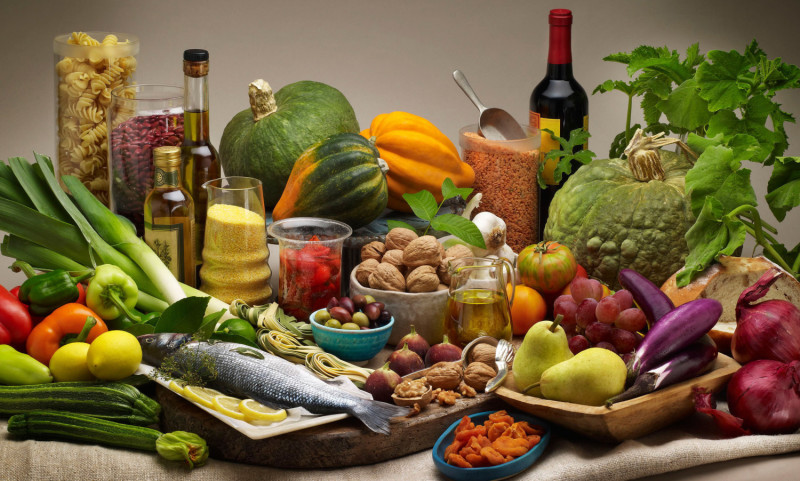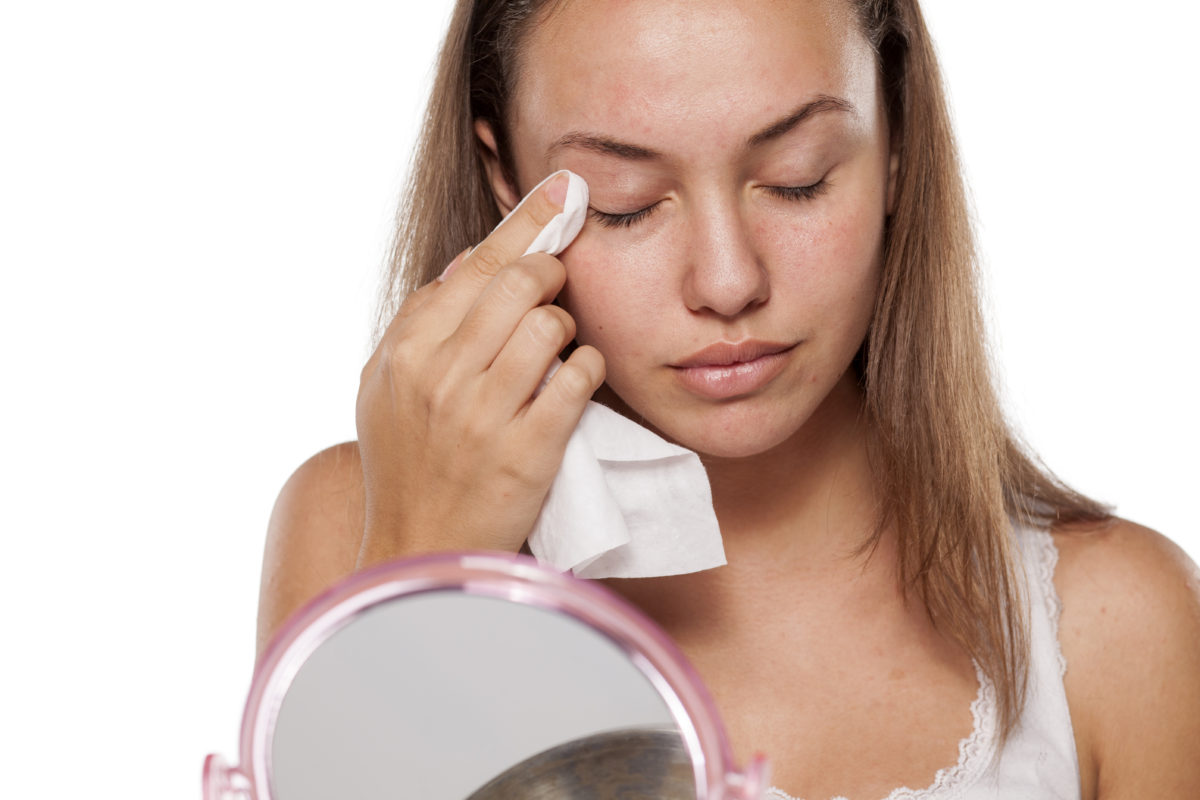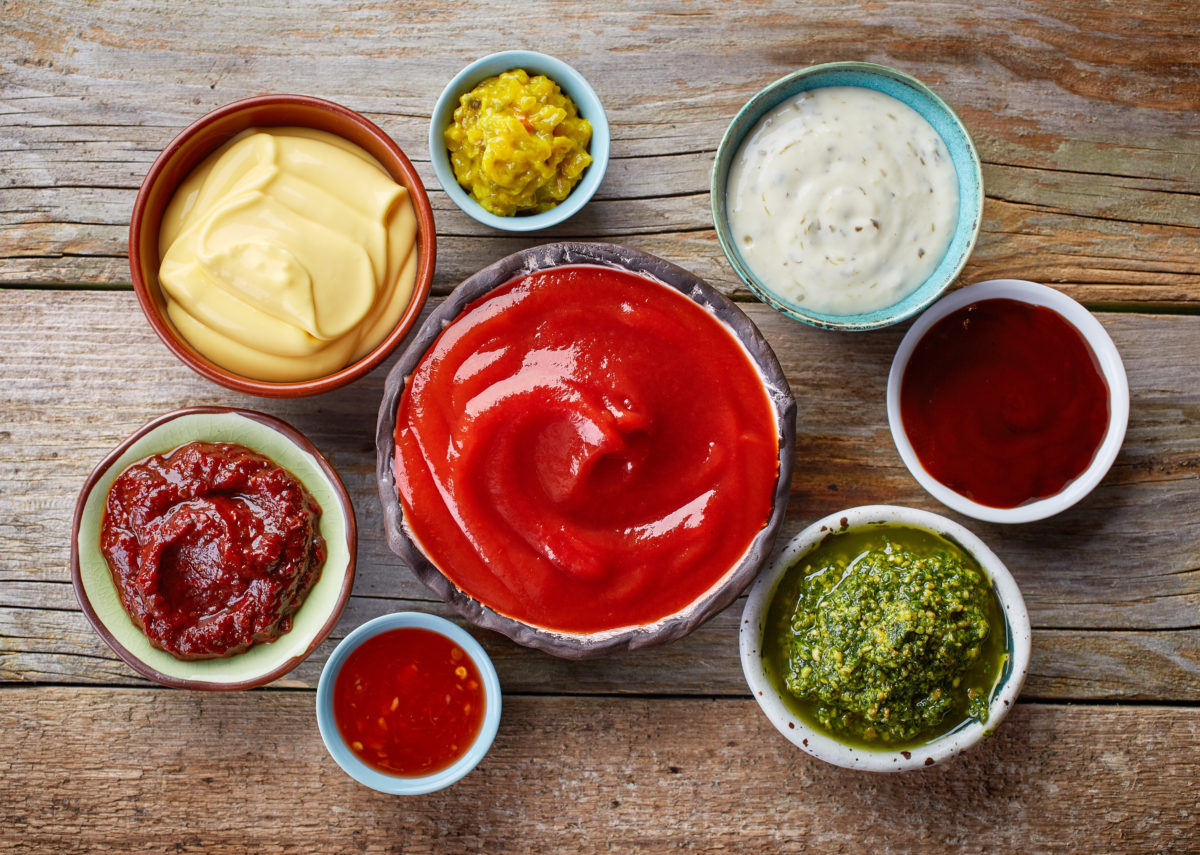If your fall allergies seem worse than ever this year – you’re right! The effects of more carbon dioxide in the atmosphere are allowing pollen-producing plants to survive longer into fall and produce even stronger pollen. As a result, the American Academy of Allergy, Asthma & Immunology predicts allergy season will last at least a month longer than normal this year.
75% of people who suffer springtime allergies will also be affected by fall allergies. Ragweed is the biggest allergy trigger in the fall. One of these yellow-flowering plants can release up to a billion grains of pollen!
So, what are we to do? Lock ourselves indoors and stock up on antihistamines with all their side effects, including those on our wallets? How about looking to how we can add and subtract from our diet to improve our allergy symptoms? After all, we have to eat – but do we have to suffer?
The following foods have proven beneficial at decreasing our immune system’s “over active” response to ragweed, resulting in less sneezing and itching for you!
ADD IT IN:
BROCCOLI
- Packed with Vitamin C, a known allergy reliever
- Member of the cruciferous bunch of veggies, known for clearing blocked sinuses
- Cauliflower and cabbage help too, especially raw!
KALE
- Packed with carotenoids – form of Vitamin A that helps allergies
- Also cruciferous member like broccoli
- Collard greens are great too! These need to cook well and drinking the water from their stew is best!
- Darker the leaf = higher carotenoid content
CELERY
- Packed with Vitamin C
- Great choice because raw or cooked you get the nutrients!
PUMPKINS & CARROTS
- Their orange color comes from the high amount of carotenoids they pack
- In season and easy to find!
- Carrots should be lightly steamed for best beta-carotene absorption
- Pumpkins can be chopped and thrown in stews easily….and of course in breads and pies.
CUT IT OUT:
Certain foods contain proteins that our body mistakes for proteins in offending allergy agents like ragweed. When we eat them our body is tricked into believing you’re out in a field of ragweed!
This is known as “oral allergy syndrome” and can cause an itchy throat and tingling, itchy mouth right after eating the food. In rare cases this may even trigger an anaphylactic reaction in people.
These foods should either be avoided during fall allergy season or cooked thoroughly so that the offending proteins are denatured:
Apples
Banana
Melons (watermelon, cantaloupe, and honeydew)
Cucumber
Zucchini
Nuts
My suggestion is to try out little changes over a couple of days and see what foods make your allergies worse or even cause symptoms of mouth and throat itching. This is what you need to avoid!
The beneficial vegetables are easy to incorporate by throwing into a stew – there are tons of recipes available online. A fall stew is especially inviting after a brisk and cool walk outdoors! Enjoy!
 English
English French
French German
German






